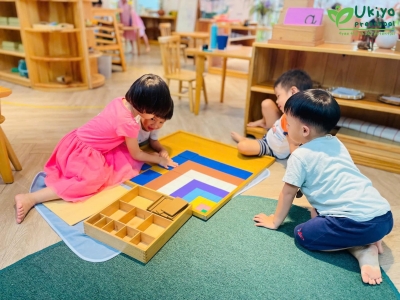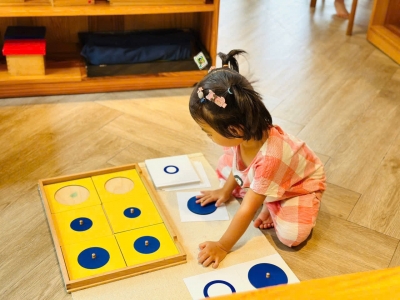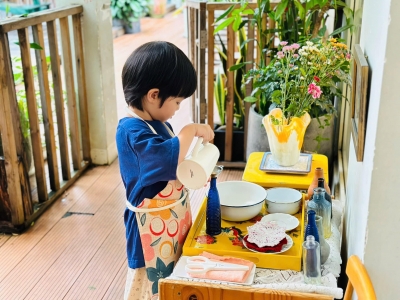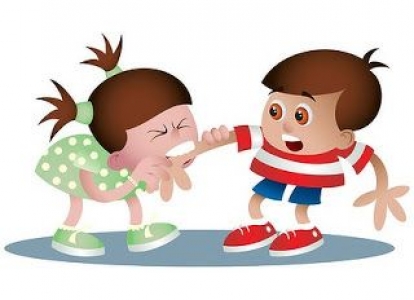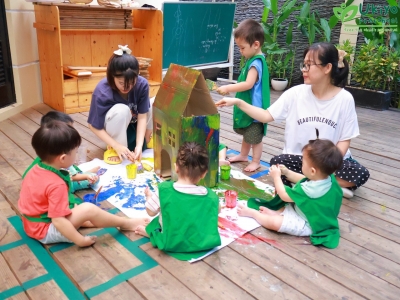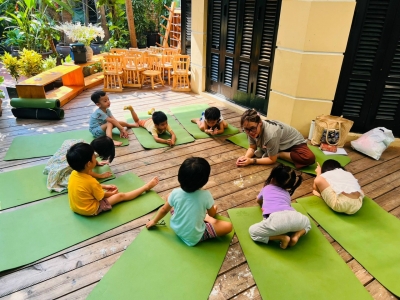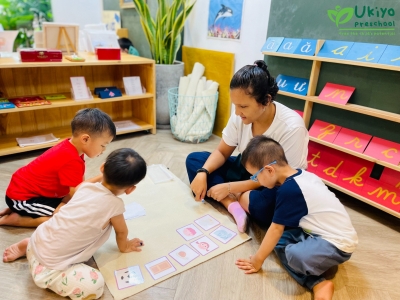THE IMPORTANCE OF MUSIC DURING THE EARLY CHILDHOOD IN MONTESSORI APPROACH
Music is a powerful tool for language development, as it can help children develop their listening and speaking skills
In the Montessori approach, music plays an important role in the development of young children. Music can help children develop a range of skills, including language, cognitive, emotional, and social skills. Here are some of the ways in which music is important during early childhood in the Montessori approach:
- Language development: Music is a powerful tool for language development, as it can help children develop their listening and speaking skills. In Montessori classrooms, children are often introduced to songs, rhymes, and chants, which help them learn new vocabulary, improve their pronunciation, and develop their phonemic awareness.
- Cognitive development: Music can also help children develop their cognitive skills, such as memory, attention, and problem-solving. When children learn to play musical instruments or sing songs, they are engaging in a complex cognitive activity that requires them to use multiple parts of their brain.
- Emotional development: Music can also help children develop their emotional skills, such as empathy, self-regulation, and creativity. In Montessori classrooms, children are often encouraged to express their emotions through music and movement, which can help them learn to manage their emotions and develop their creativity.
- Social development: Music is a great tool for promoting social development, as it can help children learn to work together, communicate, and collaborate. In Montessori classrooms, children often participate in group music activities, such as singing, dancing, or playing musical instruments, which can help them develop their social skills and build strong relationships with their peers.
- Cultural education: Music is an important part of many different cultures, and in Montessori classrooms, children are often introduced to music from around the world. This can help children learn about different cultures and develop a greater appreciation for diversity.In summary, music is an essential part of the Montessori approach to early childhood education. It can help children develop a range of skills, including language, cognitive, emotional, social, and cultural skills. By incorporating music into their daily routines, Montessori educators can help children learn and grow in a fun and engaging way.
Others



